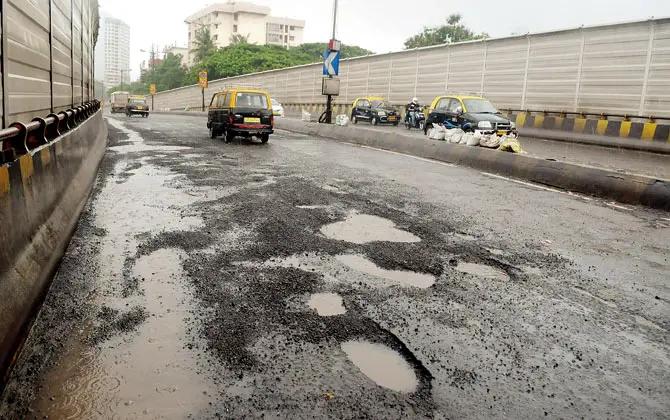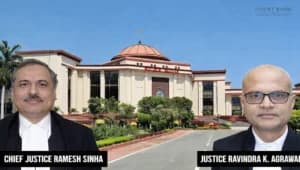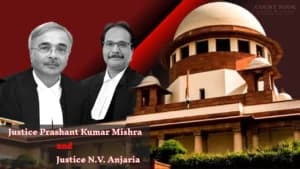In a sharply worded judgment that echoed citizens long frustration, the Bombay High Court on Monday came down heavily on Maharashtra's civic authorities for their "chronic and systemic failure" in maintaining safe roads. The bench of Justice Revati Mohite Dere and Justice Sandesh D. Patil observed that despite over a decade of court orders, potholes continue to claim lives every monsoon - a "shameful reflection of governance," as the Court put it.
The Court’s remarks came in the long-running suo motu Public Interest Litigation (PIL No. 71 of 2013) initiated after Justice G.S. Patel's 2013 letter highlighted the "pathetic condition of Mumbai’s roads." Over the years, the PIL has expanded to cover the entire state, including 27 municipal corporations and multiple agencies like MMRDA, MSRDC, PWD, and CIDCO.
Background
What began as a concern over pothole-riddled Mumbai streets turned into a decade-long judicial intervention. Since 2013, the Court has issued dozens of directions - from creating complaint mechanisms to using scientific methods for repairs. Yet, every monsoon, the problem returns.
The same cycle repeats, Justice Dere remarked during the hearing, "roads open like wounds, contractors vanish, and officials blame the rains. We cannot keep mourning preventable deaths."
Earlier orders from 2015 had required all corporations to maintain roads, set up helplines, and upload photographs of repaired potholes. The government had also promised a single-window complaint system called Voice of the Citizen - but, as the Court noted, "it rarely functions, like most civic promises."
Court's Observations
The bench expressed deep displeasure at the "cosmetic compliance" shown by most agencies. The judges noted that even after multiple affidavits, the State's actions remained half-hearted.
"The right to have properly maintained roads is a fundamental right," the Court said, adding that the negligence of authorities was not just inefficiency but a "breach of citizens right to life under Article 21."
Senior officials from Mumbai, Thane, and Navi Mumbai Corporations, along with engineers from MMRDA and MSRDC, were present in Court. When questioned, most could not explain why earlier directions-like putting up boards showing repair timelines-were ignored.
Justice Patil remarked wryly, "The only thing consistent about Maharashtra’s roads is their inconsistency."
The bench emphasized that the problem was not of money but of "will and monitoring." It recalled how previous governments promised scientific road construction but continued to use outdated, low-quality materials that "melt away with the first showers."
The Court also mentioned past accidents due to open manholes and missing covers.
"Putting a red flag or stone near an open manhole is not safety - it’s tokenism," the judges said.
Decision
After an exhaustive review of past compliance, the bench issued strong directions binding on all municipal corporations, MMRDA, MSRDC, CIDCO, and the State Government.
Key directives included:
- Accountability and Penalty: Officials responsible for poor maintenance will face disciplinary action. Contractors failing to meet quality standards will be blacklisted.
- Citizen Redressal: A statewide 24/7 mechanism through websites, toll-free numbers, and WhatsApp channels must be operational by 31st December 2025. Citizens should be able to upload photos and track action.
- Transparency: Agencies must display boards at every roadwork site, naming the contractor, duration, and completion date.
- Coordination: The State must set up a centralized monitoring cell integrating complaints from all local bodies.
- Scientific Repairs: The Court ordered use of "tested, modern methods" for filling potholes, with reports to be filed before the next monsoon.
In a pointed remark, Justice Dere said,
"If even after this, potholes continue to kill, we will hold the officers personally liable - not the nameless system."
The Court disposed of certain old compliance matters but kept the PIL open, directing the Chief Secretary to file a status report by March 2026.
Case Title: High Court on its Own Motion v. State of Maharashtra & Others
Case Number: Public Interest Litigation (PIL) No. 71 of 2013














